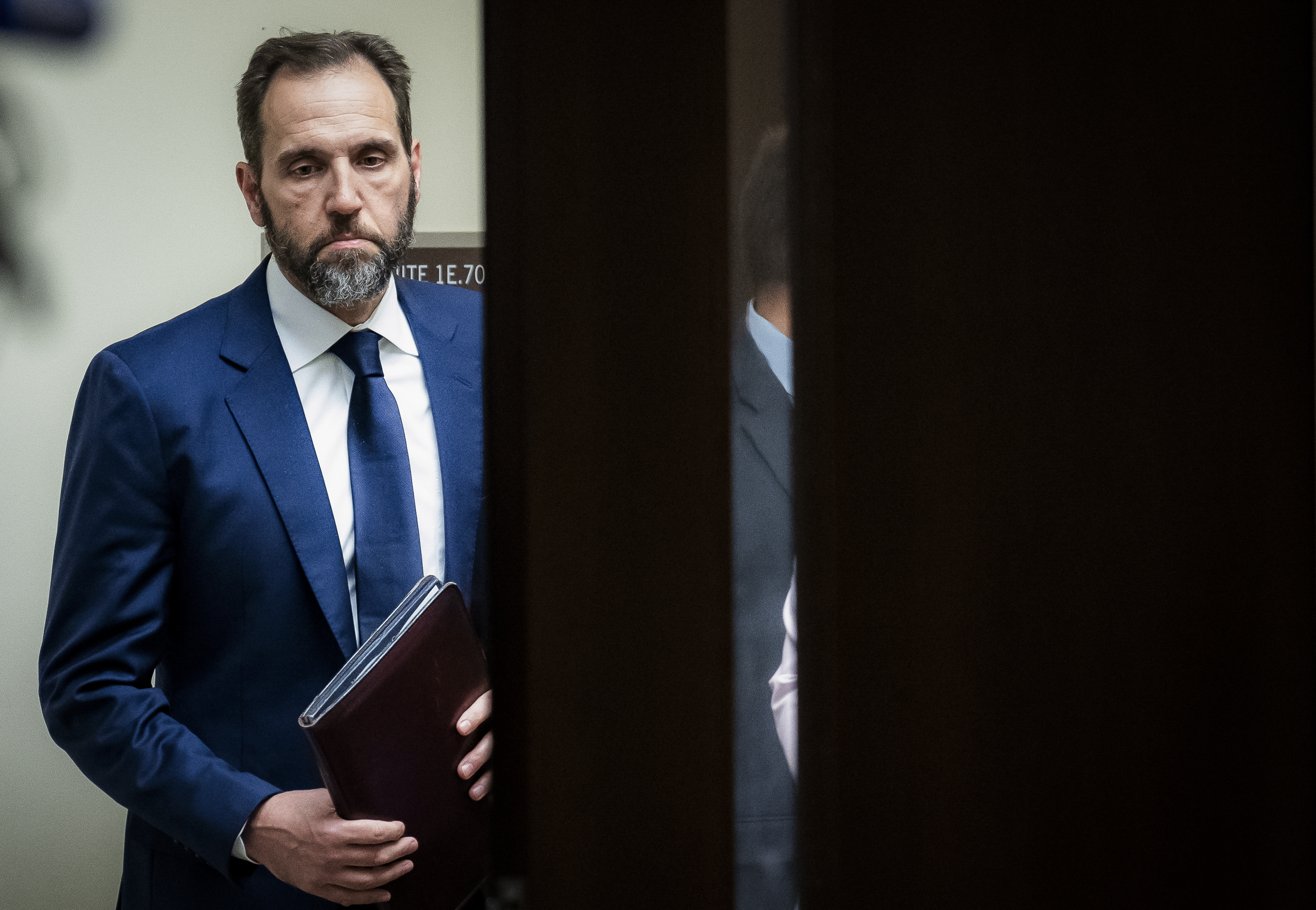
Updated
Judge Hears Arguments on Trump Motion to Dismiss Classified Documents Case
Save

Special counsel Jack Smith arrives to give remarks on a recently unsealed indictment including four felony counts against former President Donald Trump in Washington on Aug. 1, 2023. Drew Angerer/Getty Images
Here is the latest
•
Prosecution Maintains AG Has Authority to Appoint Inferior Officers
•
Does AG Have Oversight Over Special Counsel?
•
Defense Argues Prosecution Misinterpreted Statutes
•
Judge Asks If Other Roles Affected
•
Amici Says Supreme Court Nixon Decision Not Binding Authority